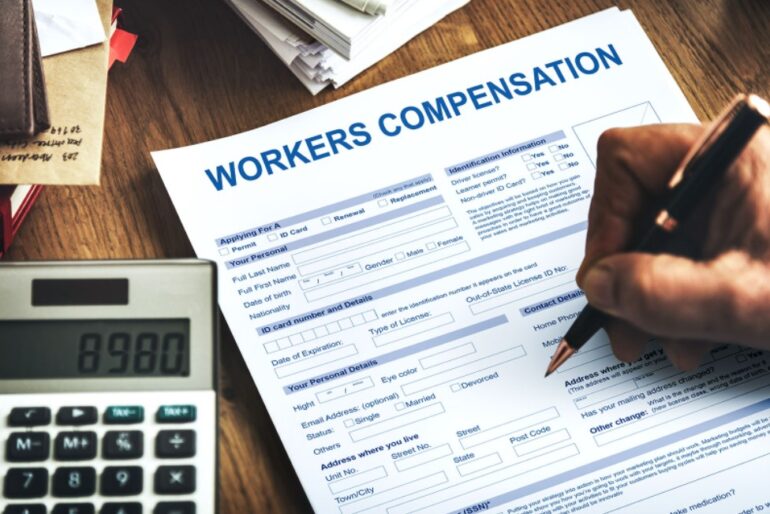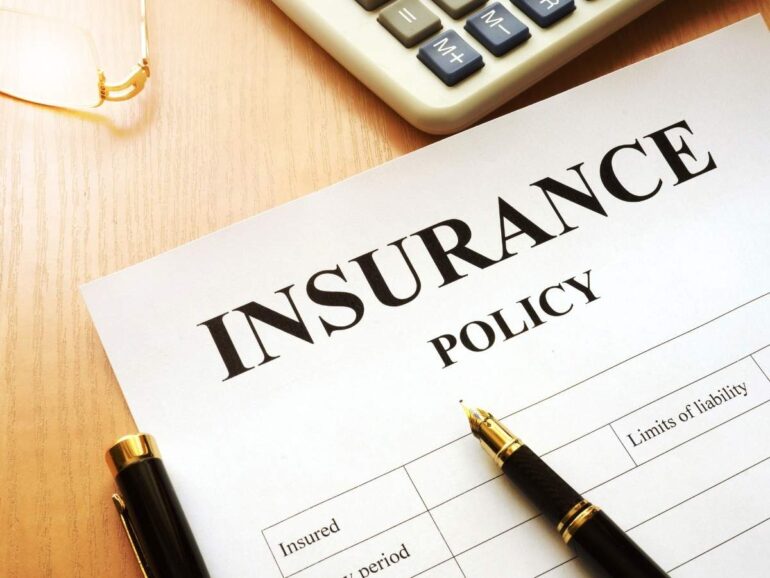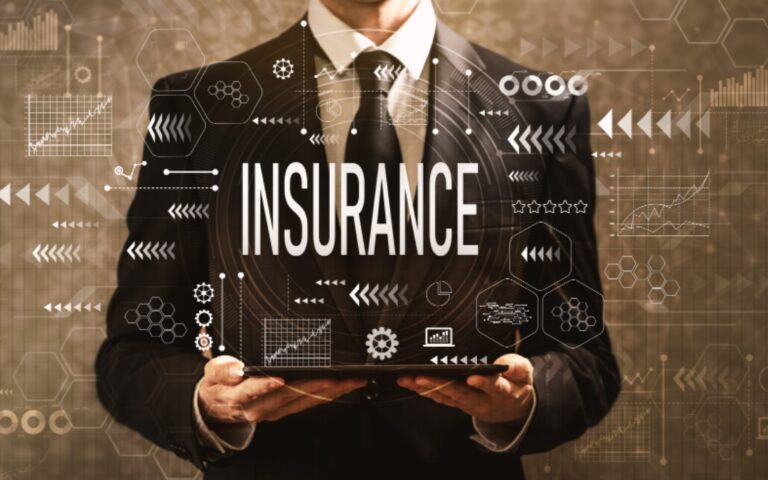The needs of small businesses differ greatly from those of large companies. This is because they have limited financial resources. It is crucial for small business owners to carry out a risk assessment to identify all the risks that may affect their business. This will come in very handy when selecting suitable insurance policies to protect the business against potential liabilities that may arise.
SmartBusinessInsurance offers protection from different types of liabilities that small enterprises may face. Keep reading to learn about the different types of insurance coverage that small businesses require.
1. Business Property Insurance

Businesses own assets, both tangible and intangible. The tangible assets can be destroyed in fires and natural disasters. They can also be stolen by thieves and burglars. The intangible assets, such as proprietary software, formulas, and the like, can also be stolen, damaged, or lost in one way or another. To protect the business against all these risks, it is crucial you purchase business property insurance. In case of damage or any type of loss, the insurer will pay for the resulting liabilities. This will help to ensure that you’re able to carry out your business profitably regardless of natural disasters or theft.
2. Commercial Vehicle Insurance
While business property insurance protects furniture, fittings, inventory, office stationery, computers, photocopiers, and any other asset that may be in the business premise, movable assets, such as commercial trucks and vans are left out. That is why you need commercial vehicle insurance. This policy protects both the vehicle and the cargo it carries. If an accident occurs, the insurer will compensate you fully for any property damage and property loss.
3. Workers Compensation Insurance

When workers get injured at their place of work, it is the duty of the employer to ensure they are well taken care of. After all, employers are required by law to provide a safe work environment. Since it can be costly to pay medical bills for injured workers and continue paying their wages until they are able to return to work, employers are usually advised to sign up for work comp. Workers’ compensation insurance protects both employers and workers. Employers are protected in that injured workers are prohibited from filing an injury lawsuit against their employer for work-related injuries. On the other hand, workers benefit in that all the medical bills they incur during treatment are sorted out by the work comp insurer. In addition to that, injured workers who have to stay out of work for several weeks, months, or years can expect to receive a large portion of their average pay. Therefore, small business owners need workers’ compensation insurance.
4. Public Liability Insurance
This is a form of insurance that protects businesses from lawsuits. When a lawsuit is filed against a business, public liability insurance will cater for all legal fees incurred when fighting the charges. If you lose the case, the policy will pay any damages that may be awarded by the court. Since legal costs and compensation for damages are usually expensive, this can save your business from imminent collapse. Imagine having to fork out over $1M to sort out legal costs and damages awarded by the court. This may force you to declare bankruptcy to avoid paying this huge cost. Eventually, your business may be wound up. To avoid all these, be sure to purchase public liability insurance.
5. Cybersecurity Insurance

If you rely a lot on your ICT infrastructure for your business, it is crucial you purchase cybersecurity insurance to protect your business from data breaches, ransomware and other forms of malicious attacks that are common in cyberspace. You want to protect the personal and financial details of your customers as well as your business records, so this type of insurance is absolutely necessary for any business that relies heavily on its IT infrastructure.
6. Business Income Insurance
The future is not predictable. Your business may be growing fast and you expect the trend to continue that way. Unfortunately, geopolitical issues, economic recessions, change in legislation, technology disruption, and other similar types of events can change your business fortunes. If your business is adversely affected by these events, you may not be able to sort out your payroll, debts, or suppliers. Fortunately, there is a way to ensure your business is always able to meet its obligations. By purchasing business income insurance, you can be assured of business success in the long term.
What to Look for in an Insurance Policy

Now that you know all the different types of insurance policies that every small business requires, it is crucial you learn how to identify the right policy for your needs. The following are key factors to take into consideration when comparing insurance policies:
Coverage
The types of liabilities covered by a policy are usually indicated under the inclusion clauses in the T&C’s section of an insurance policy. It is imperative you read this section to know exactly what is covered by the policy.
Coverage Limits
Once you know what an insurance policy covers, you have to find out what the coverage limits are for each of the liabilities covered. This is necessary because you want a policy that offers sufficient coverage for all the liabilities that concern you. It can be disappointing to discover that your policy covers a given liability, but the coverage limit is insufficient. This means that you will have to spend your own money to fully pay for the liability.
Premiums
Obviously, the cost of purchasing a given policy matters a great deal. Therefore, you will need to request quotes from different insurers and compare them to identify the most affordable insurance company. G&G Independent Insurance can do this for you. Just go to their website gg-insurance.com to request a quote. That said, be sure to also compare coverage limits when comparing premiums.
Exclusions
When reading the T&C’s section of a policy, it is imperative you check the exclusion clauses. This is because you’d like to know exactly what a policy covers and what it does not cover. This will help to ensure you don’t get disappointed in the future when you file a claim only to discover the liability is not covered by your policy.

